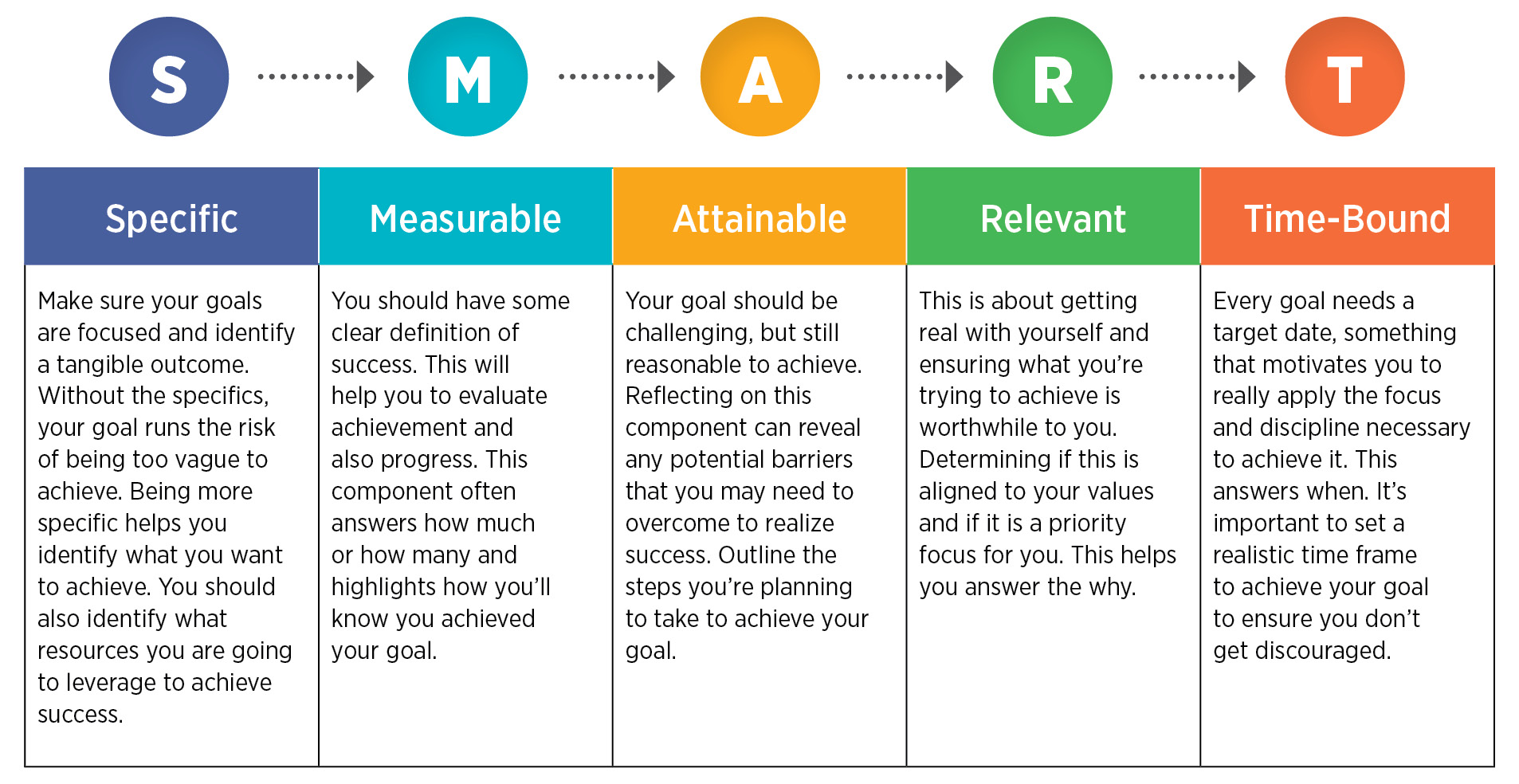
Goal setting is something everyone is familiar with, however, knowing how to set realistic goals and create a strategy for achieving them is essential when it comes to actually being a successful. Recruiter. Goals serve as a sort of road map for us, marking a clear target and providing a step by step process that helps us stay focused as make progress and try to get from point A to B within a specific time frame.
All too often, people set goals that are too vague or too far out of reach. However, by implementing the process of setting a SMART goal, the likelihood of achieving your recruiting goals increases significantly. SMART, which is an acronym that stands for Specific, Measurable, Attainable, Realistic, and Timely is a great way to help you stay on task and maintain motivation to meet the multiple deadlines so common in the recruiting industry.
Why are SMART goals important for recruiters specifically?
SMART goals are important for recruiters specifically because they help to align their recruitment efforts with the broader objectives of the organization and ensure that they are working towards measurable and achievable targets. Here are some of the reasons why SMART goals are important for recruiters:
Improved focus: SMART goals provide a clear and specific direction for recruiters, helping them to focus their efforts and prioritize their tasks.
Increased accountability: SMART goals are measurable, which means that recruiters can track their progress and hold themselves accountable for achieving the goals.
Better alignment with organizational objectives: By setting SMART goals, recruiters can ensure that their recruitment efforts are aligned with the broader objectives of the organization and contribute to the overall success of the company.
Improved efficiency: SMART goals help recruiters to work more efficiently by focusing their efforts on the most important tasks and reducing the time spent on unproductive activities.
Better decision-making: By setting SMART goals, recruiters can make data-driven decisions and prioritize their efforts based on the goals they have set.
Increased motivation: SMART goals provide a clear sense of purpose and motivation for recruiters, helping them to stay focused and motivated towards achieving their goals.
Overall, SMART goals are important for recruiters because they help to align their recruitment efforts with the broader objectives of the organization, improve their focus, efficiency, and decision-making, and increase their motivation and accountability. By setting SMART goals, recruiters can work towards achieving their targets and contribute to the overall success of the company.
When creating each SMART goal, identify the following details:

1. Specific
Be specific about the goal you’re setting. Naturally as a recruiter, in the grand scheme of things, you’re helping to fill a position, but it’s important to focus on details. Understanding the specifics of the position for which you’re hiring will enable you to effectively use your time and resources. Meet with the hiring manager to learn what skills, talents, experience, and education will be required of the individual. Try and set a realistic goal – improving your monthly hire goals, time to fill, diversity hires, quality of hire, and candidate surveys.
2. Measurable
With the details above, you’ll be able to create job descriptions and marketing campaigns that target the right type of client base. Additionally, such criteria will enable you to track and evaluate applicants and hire quality candidates faster. This type of data not only helps you make necessary adjustments, but seeing your progress along the way acts as a great motivator.
3. Achievable
You should always set goals that help you serve clients as quickly and effectively as possible. However, it’s important to make personal goals too. Create milestones that will motivate you to improve as a recruiter. For example, how many more job placements do you want to make this year, versus last? One study reported that 56% of recruiters make at least 11 placements each year.
4. Reasonable
Determining an achievable goal presents enough of a challenge to help you stay motivated rather than being so far out of reach that you simply give up out of frustration. Do you believe the goal and allowed time frame are reasonable? Do you have the necessary resources available? Does the goal resonate with you on a personal level that you’ll commit to making it happen?
5. Time
A goal without a timeline is merely a thought, or suggestion. Set a beginning and end date for your goals for a sense of urgency. Otherwise, it will fall by the wayside. For example, improving time to fill metrics or quality of hire. You will need to create concrete goals within a time frame.
Setting SMART goals will help you improve your recruiting processes with clients and can also help you excel on a personal level. Bottom line, setting goals helps keep you motivated and on track.
Recruiting Metrics Goal Suggestions:
- Time to fill
- Time to hire
- Source of hire
- Sourcing Productivity
- First-year attrition
- Quality of Hire
- Hiring manager satisfaction
- Candidate job satisfaction
- How much are you pipelining leads?
- Applicants per Job Post
- Cost per hire
- Candidate experience
- How many submittals are you averaging?
- How many submittals are getting to the interview stage?
- Offer acceptance rate
Recommended Reading:
How will the Coronavirus Impact Recruiting in 2020
Breaking SourceCon Seattle Goes Digital
How to Write a Resume that Doesn’t Get Sent into a Black Hole
- Unlocking the Power of Perplexity AI: Why Recruiters Should Utilize This Revolutionary Tool - February 11, 2024
- Exploring AI Interviewing Assessment Tools: A Comprehensive Review - November 30, 2023
- PartyRock a Sandbox for Talent Sourcing - November 29, 2023
